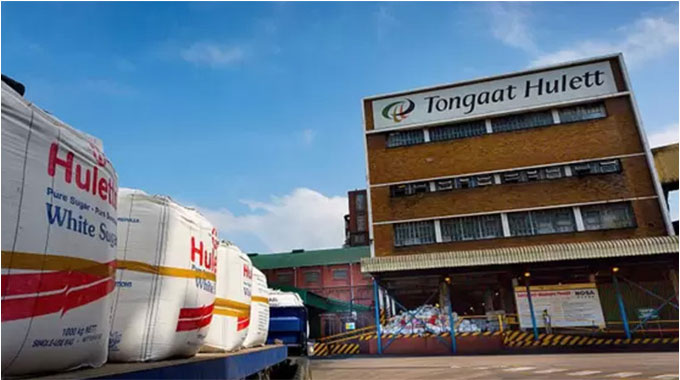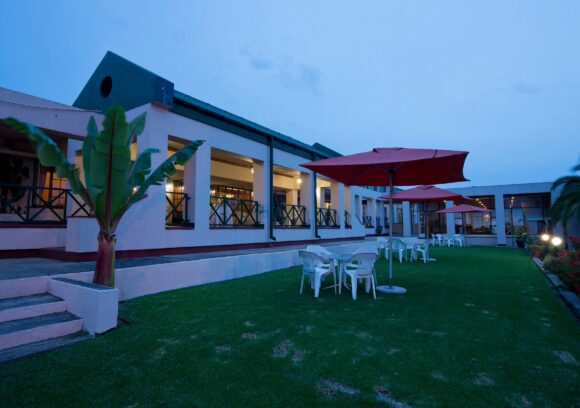‘Deposit rates hike good but not enough’
ECONOMIC commentators have welcomed the Reserve Bank of Zimbabwe (RBZ)’s deposit rates increase for local currency savings from 12.5 percent to 40 percent per annum but say this is not enough to effectively incentivise depositors.
Reserve Bank of Zimbabwe (RBZ)
They said the 40 percent level was still low when compared to prevailing exchange rate margins and attendant inflationary pressures, urging the apex bank to further look into the issue in order to fully incentivise savings and deposits.
This comes on the back of intense lobbying by market analysts for the restoration of deposit interest rates in the banking system to give value to savings and restore confidence in the local currency.
Banks have been accused of milking clients in transaction levies, account maintenance fees and penalties on defaulting servicing loans yet not paying any interest on deposits.
This had essentially put banks into transactional mode, focusing largely on profit making with no incentive for depositors, thereby contributing to citizens and businesses’ lacking confidence in the financial services and some preferring to keep their monies at home.
RBZ Governor, Dr John Mangudya, announced the deposit rate increase in his recent Mid-term Monetary Policy Statement in which he also indicated that time deposit rates have been increased from 25 percent to 80 percent per annum.
The increases are effective 1 July 2022.
Reacting to this, economic analyst and banker, Mr Morris Mpala, said given the current inflationary pressures, the 40 percent per annum was commendable although not enough.
“The benefit to banks could have been getting deposits that they could have used onward.
Banks need long term deposits that are not transitory for them to on-lend especially on mortgages on slightly longer-term deposits without eroding shareholder value,” he said.
“The increase in deposits, which is normally related to increase in deposit rates would normally stabilise the local currency but in this case the changes are not significant enough to change the slide of the local currency.”
Another economist, Dr Prosper Chitambara, said “I don’t think there is a big incentive to the depositors given the fact that our inflation is now 257 percent.
It means in real terms the deposit rates are negative,” he said.
“It does not incentivise anyone to deposit their local currency with banks.
That is the challenge and we need to deal with the issue of inflation and once that is brought under control and stabilised then that should help provide greater incentives for savings.”
During the Zimbabwe Economic Development Conference hosted by the Ministry of Finance and Economic Development in Victoria Falls last week, Senior Economic Advisor in the Ministry of Finance, Professor Ashok Chakravarti said, there was a need for consistency in policy-making but warned against a radical approach when addressing challenges emanating from the banking sector.
“It’s true that banks have become transactional but we can’t force them, we need to treat them in a reasonable manner. The solution is policy consistency, we need a normal interbank market as opposed to the silo system that Zimbabwe banks operate in,” he said.
Finance Minister Professor Mthuli Ncube
Finance Minister Professor Mthuli Ncube pledged to take up the matter with the banking sector with a view of working with them to improve their role as deposit taking institutions giving a fair reward to savings at the same time ensuring charges are not too high.
In his statement, Dr Mangudya said that the banking sector recorded un-audited aggregate profits of $181, 25 billion for the half-year ended 30 June 2022, a 12-fold increase from $15,09 billion reported in the corresponding period in 2021.
The bulk of the income- 50,45 percent was from non-interest income, fees and commission (21,47 percent), interest income from loans advances and leases (18,22 percent), foreign exchange (7,10 percent) while interest income on investments and securities interest income on balances with banking institutions contributed 2,38 percent and 0,37 percent respectively.-chronicle.co.zw










